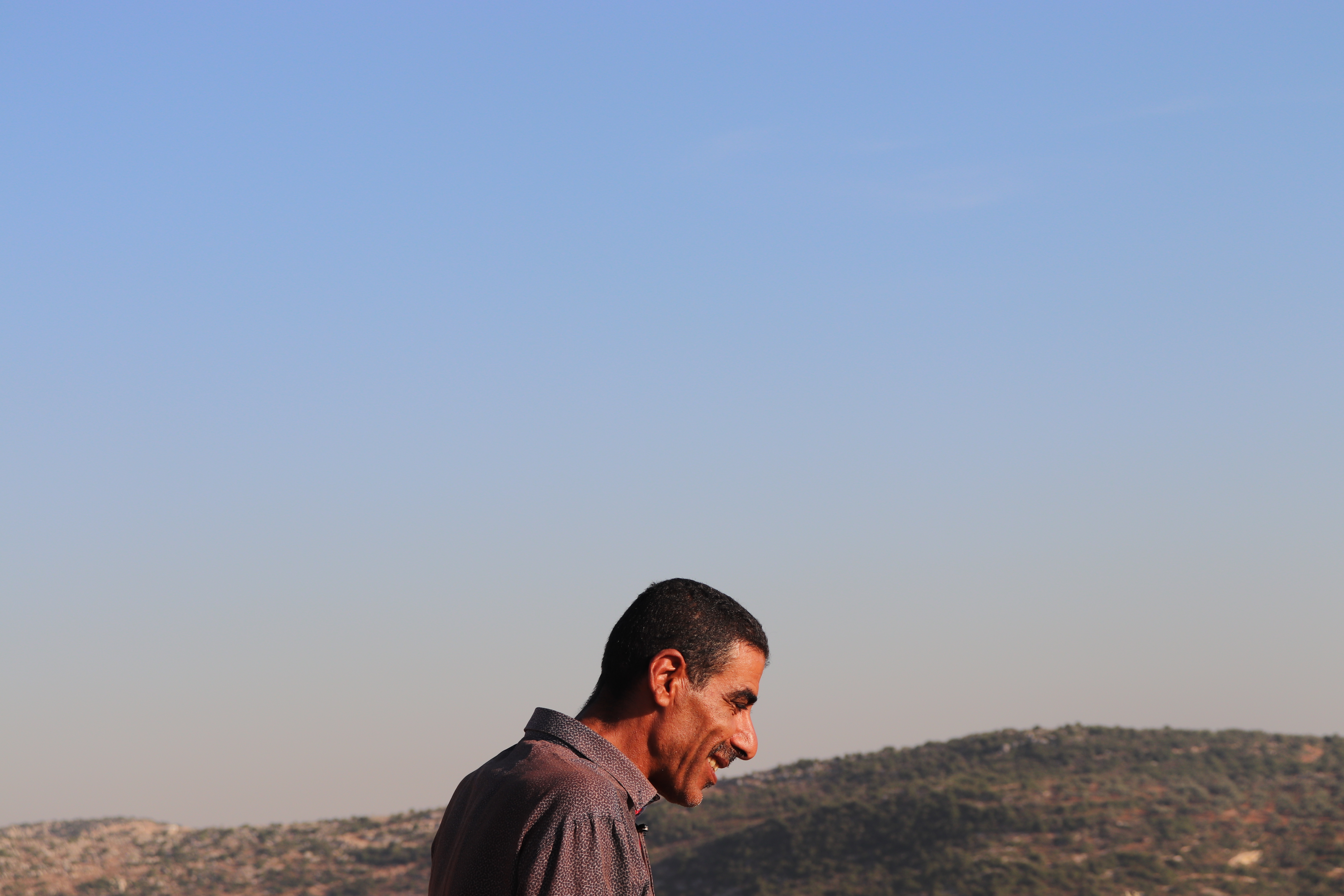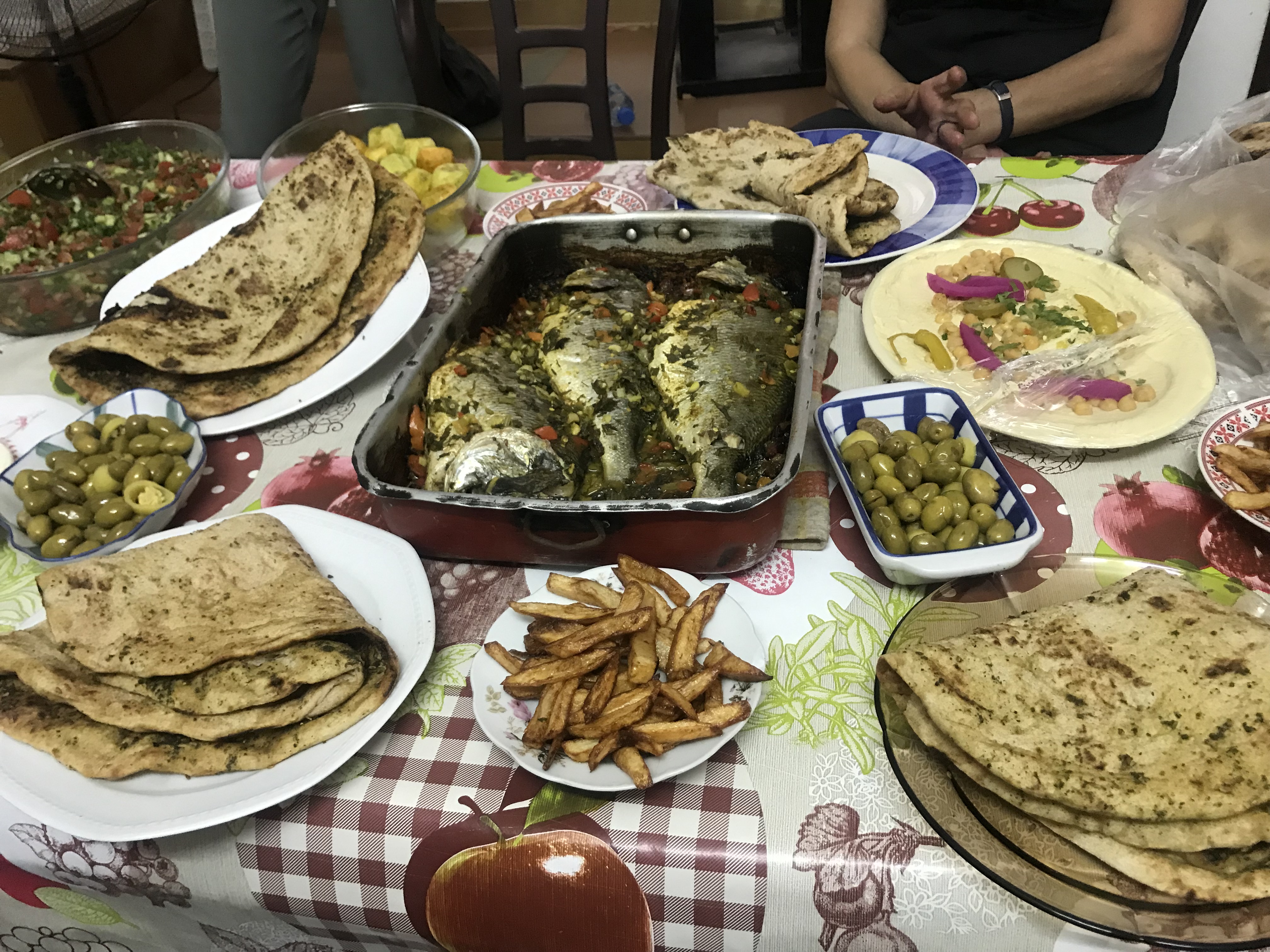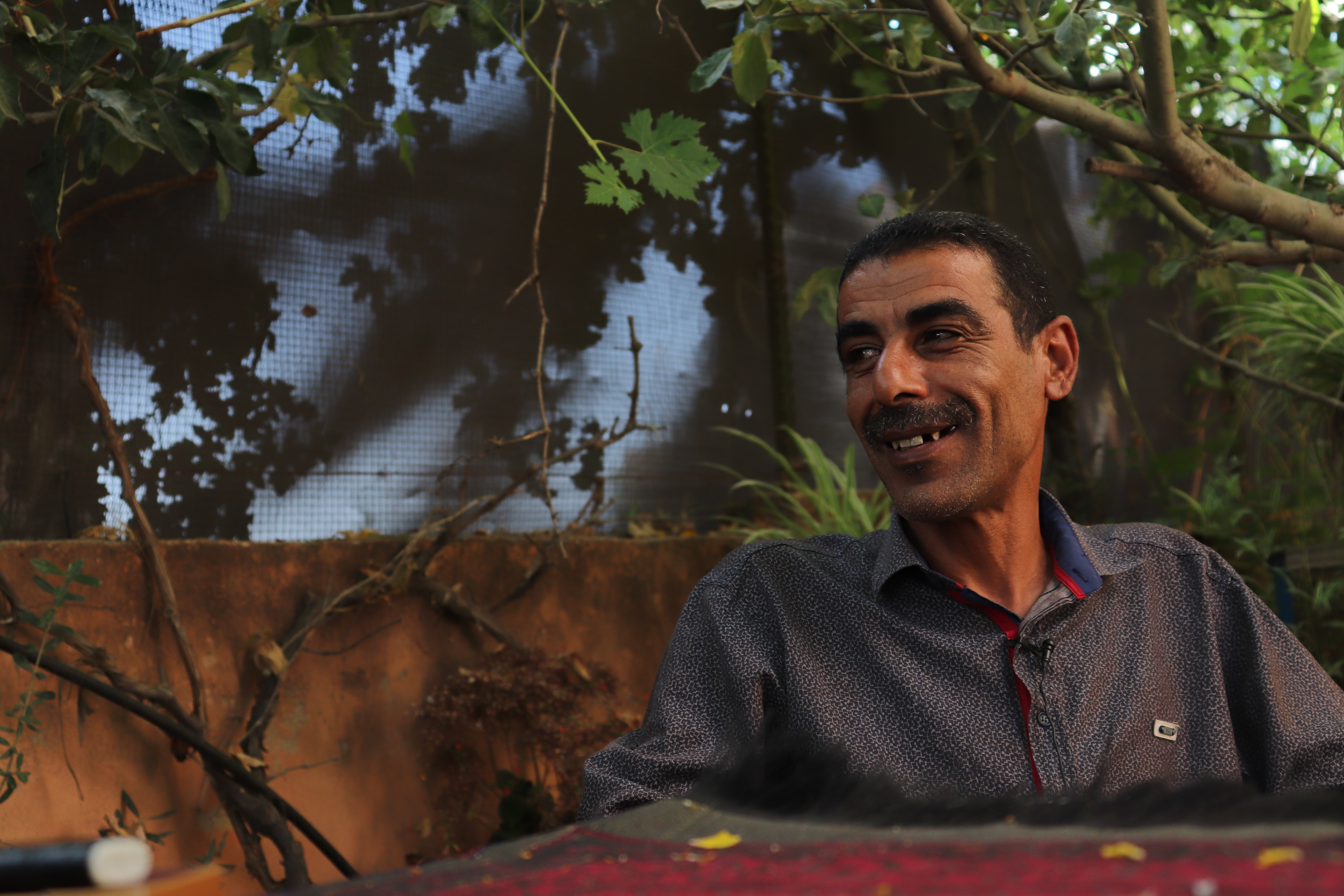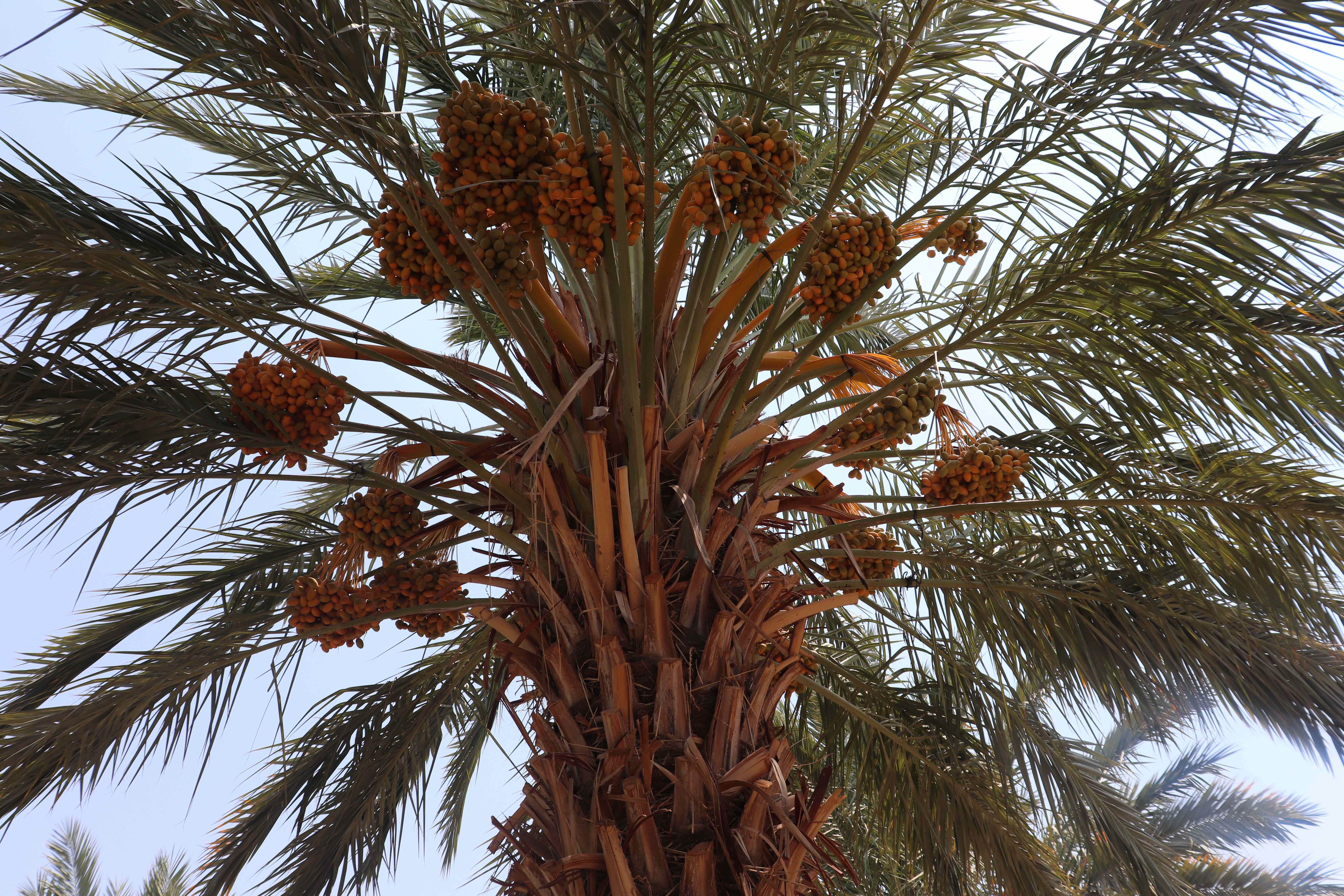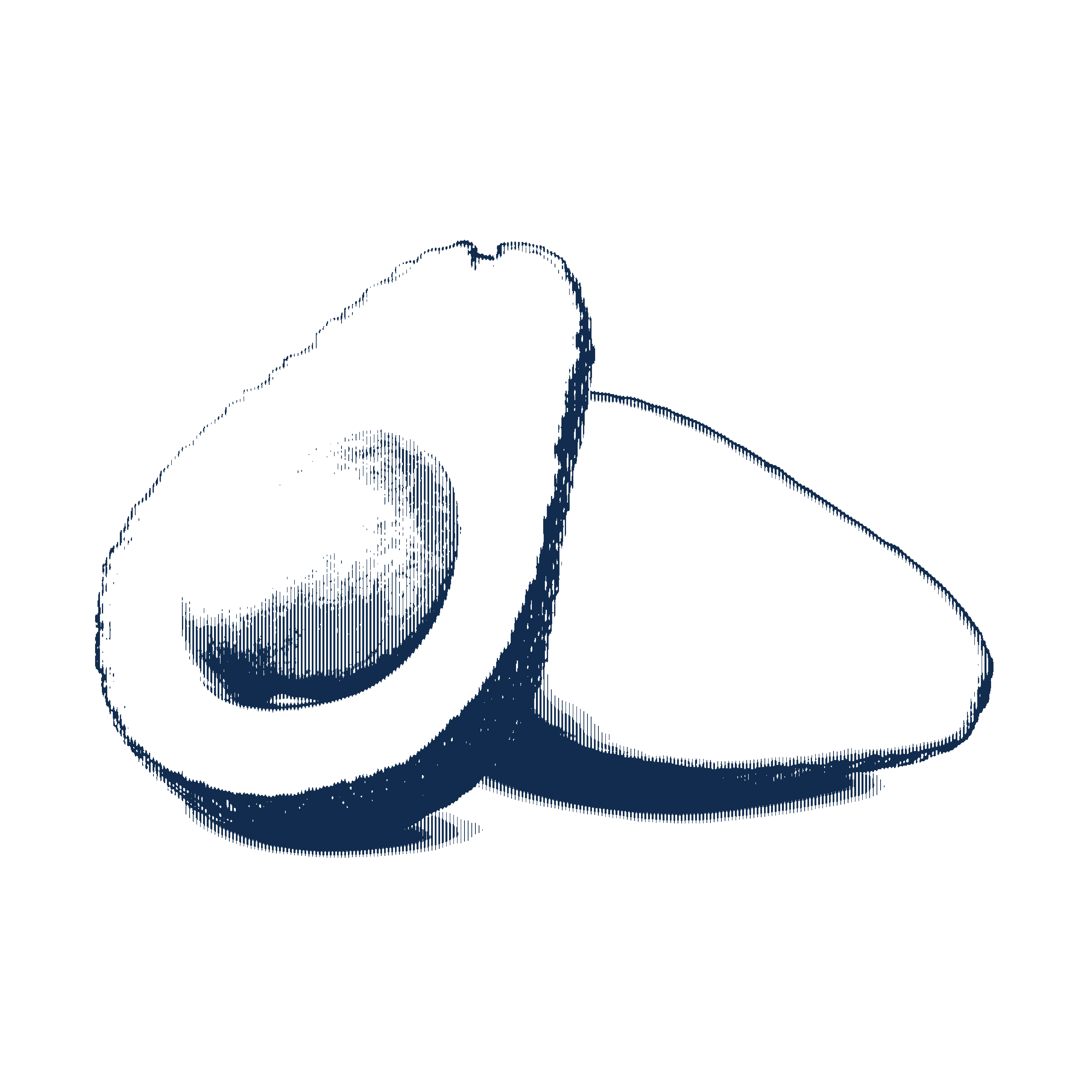Project August 9, 2019
Small Farmers and Tahini Producers in Palestine
Country:
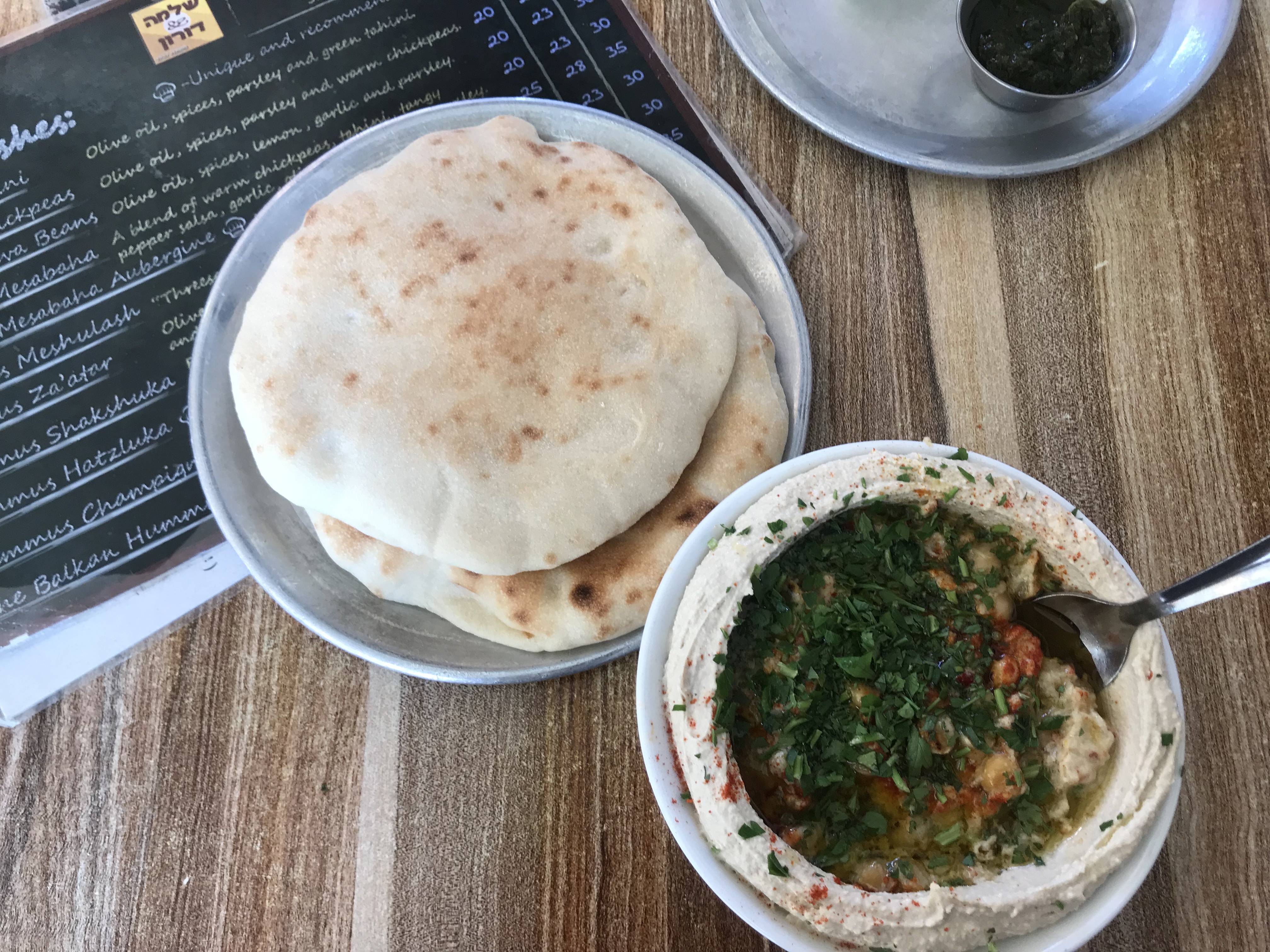
Tahini—a paste made of ground and sometimes roasted sesame seeds—is iconic in Levantine cuisine. In cities like Nablus and East Jerusalem, iconic tahini factories have been owned and operated by the same families for generations. But, since the creation of Israel in 1948, the slow creep of economic control has rendered these tahini producers vulnerable to high taxes, inaccessible borders, and a complex system of certification processes that make it difficult for them to sell to their own people at a fair price. Still, though, many Israeli consumers, large-scale food companies, and restaurateurs prefer to buy the Palestinian-made varieties, known for their quality and consistency.
Similar vulnerabilities emerge among rural Palestinians living in the villages and farming towns scattered across the West Bank. Fourth- and fifth-generation farmers live and work the land, growing olives, dates, and a wide variety of fruits and vegetables. Today, that land is subject to the encroachment of Israeli settlements, deemed illegal under international law since 1979. Many farmers can't access their land, villages regularly go days without water, and olive trees are burned.
This project investigates the challenges faced by Palestinian farmers while accessing, maintaining, and harvesting their land—as well as challenges faced by their more urban counterparts, tahini producers, seeking kosher certification and the right to trade on the global market. In exploring these difficulties, this story examines the human impact of the Israeli occupation, food as resistance, and the attempted erasure of the traditional agrarian Palestinian way of life.

